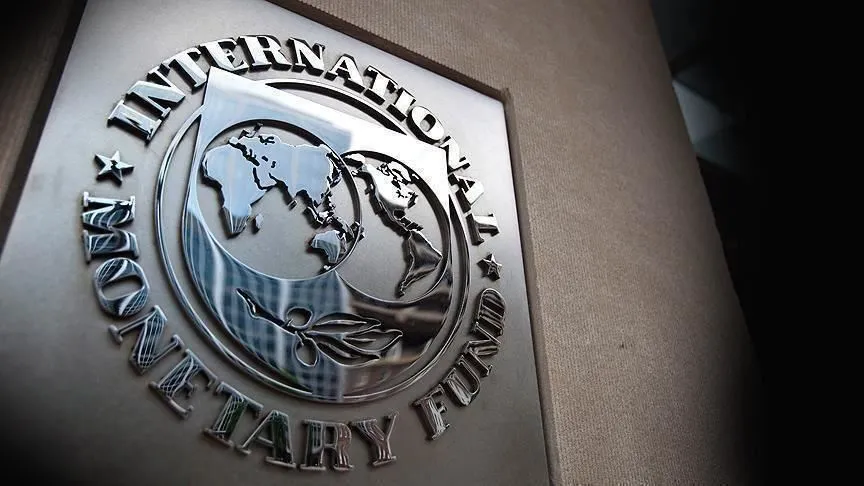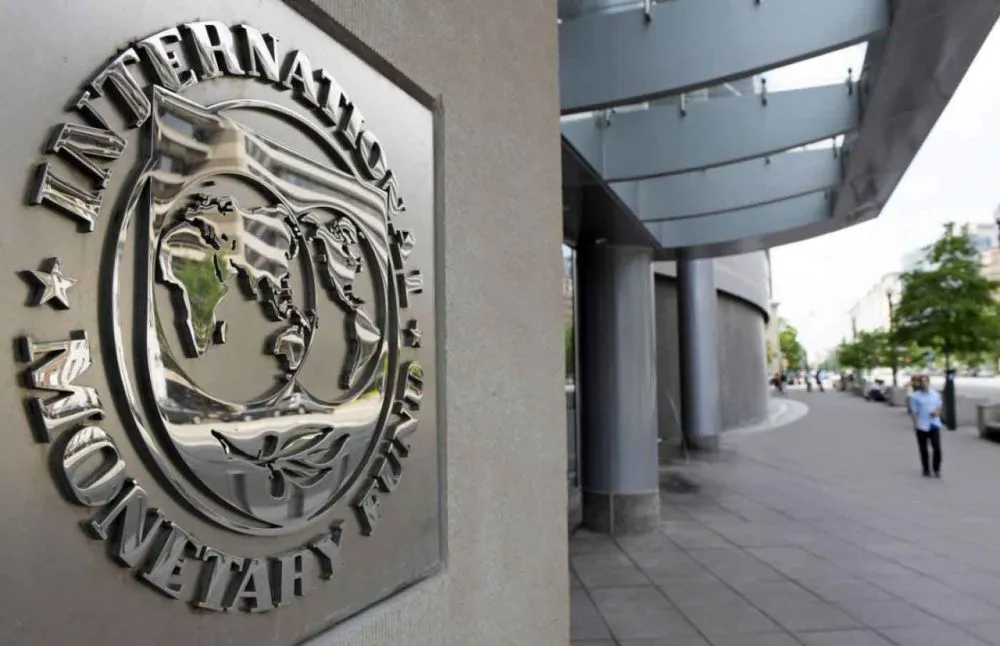
Digital currencies could make it harder for a nation's authorities to pursue independent monetary policies, body says.
The International Monetary Fund (IMF) said Monday that the push by central banks to develop digital currencies entails both risks and benefits at the global and local levels. According to a new report by the international financial body, rapid progress in digital technologies has increased the likelihood of adopting new forms of digital currencies for both domestic and international transactions.

These include central bank digital currencies (CBDCs) and so-called global stable coins (GSCs) proposed by big technological companies, the report said. It stressed that these will increase competition, reduce transaction costs, expand access to services and encourage financial participation via mobile devices.
"CBDCs and GSCs could make cross-border payments less costly and make it easier for households and small firms to have access to financial services," the report said.
But it added that it can also reduce the ability of local governments to conduct monetary policy and control domestic financial conditions.
"Digital money adoption across borders also entails risks and policy challenges," it noted, adding this could increase pressures for currency substitution.
Without appropriate measures, foreign CBDCs and GSCs could facilitate illicit flows, it said, adding this will make it difficult for regulatory authorities to enforce exchange restrictions and capital flow management measures. The scale of digital money adoption will rely on strong network effects but will also depend on design features, country circumstances, legal frameworks and regulation, the report said.
The International Monetary Fund (IMF) recently released a video titled “What are Cryptocurrencies.”
Accompanying the video, the IMF published a blog post that explores what digital currency is and the potential benefits it could provide.
In a report, the IMF said the economic and policy consequences of CBDCs and Big Tech-issued stablecoins depends on adoption - something hard to predict, with CBDCs still far from a reality in major economies and the fate of Libra unclear.
CBDCs and stablecoins could raise pressure for “currency substitution,” where foreign currencies displace domestic currencies for local use, it said.

Currency substitution can erode authorities’ control over domestic liquidity, reducing the stability of money demand and potentially weakening the impact of monetary policy.
Without adequate safeguards, foreign CBDCs and stablecoins could also boost illicit flows and make it harder for local authorities to enforce checks on capital movement, it added.